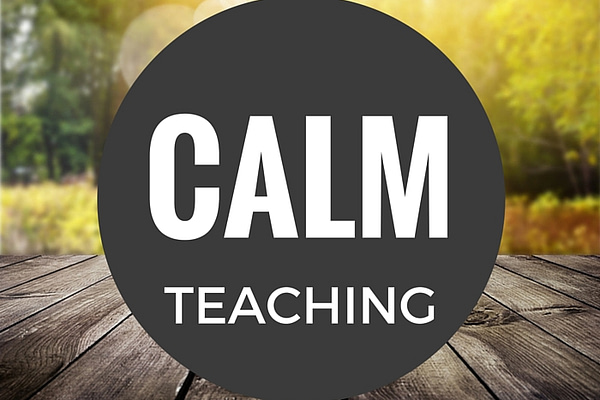I have had quite a month for slips of the tongue…
In front of 50 business professionals a couple of weeks ago, I was talking about a means for measuring an organization's culture, in terms of where it falls on a continuum. I intended to use the word spectrum to discuss the method of assessment, but instead uttered the word ‘speculum.'
During a short devotional in my introduction to business class, I was quoting Albert Einstein and said, “Significant problems that we face, cannot be solved at the same level of thinking we were at when we created them.” “You must learn to think in a new way – you need a “paradigm shit” (what a difference an F would have made in that word).
After each incident, there were quite a few chuckles. My statements were not intentional, of course, but resulted in more of a sense of my humanness.
DANGEROUS WORDS
The Chronicle had an excellent article called “What Not to Say in Class During an Election Season” about a more serious type of classroom foible. I felt better about my mouthful of marbles after reading about some awful examples of hateful statements made by faculty at other institutions. After the September 11 attacks, an academic from New Mexico said, “Anyone who attacks the pentagon gets my vote.” An English professor at another university accused Muslim students of being terrorists.
OUR RESPONSIBILITY
Our role as faculty comes with an immense responsibility. Many argue that the most important skill we can teach students during their college years is critical thinking. Being too overt about our political beliefs one way or another endangers this type of intellectual development on the part of our students.
At a recent dinner with a group of students I have known for years, one of the individuals and I did get into quite a political debate. Anyone who was present might be surprised to read this blog posting, wondering if there wasn't some element of hypocrisy in my giving advice about refraining from spouting off about our political opinions to our students.
My intent with this student was to sharpen his arguments and to get him to go beyond the opinions of the news commentators he watches and to include facts in his analysis of who will make an effective president for us these next four years. The Chronicle warned about students who drop out of classes of professors with opposing views and this particular student is still quite engaged in my classes and as a leader in the student organization I advise. My respect for this student is extremely high and the additional challenge for him to have considered multiple angles of his views will be an asset to his ability to lead teams both now and in what I have no doubt will be a successful career in business.
It is a delicate balancing act. We must grow our students' critical thinking skills, being mindful of the need to argue both sides of an issue, so our nation's future leaders and voting public have the ability to do so, as well.



